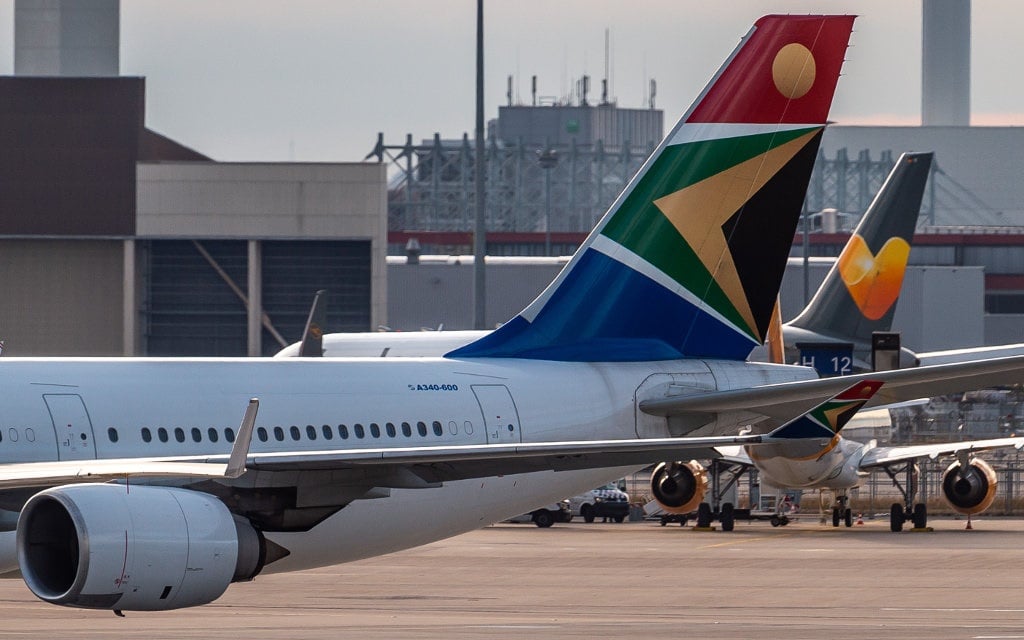
- The Financial and Fiscal Commission says a five-year fiscal consolidation path is much better than a three-year plan.
- However next year will be critical a significant budget cuts will be made, compromising quality of service delivery.
- The commission is concerned that money is being taken from local government to buoy state-owned enterprises.
Next year is set to be a difficult year for South Africa, with government planning expenditure cuts, the question is how might this impact service delivery, Parliament has heard.
The Financial and Fiscal Commission on Tuesday briefed a joint sitting of the Standing Committee on Appropriations and the Standing Committee on Finance on the medium-term budget policy statement or mini budget.
Finance Minister Tito Mboweni last week tabled the mini budget, and announced that South African Airways would get R10.5 billion for its business rescue process. The decision has been met with criticism by opposition parties as the monies are to be reprioritised from national departments and their public entities as well as conditional grants to local and provincial governments.
Minister of Public Enterprises Pravin Gordhan, whose department is the shareholder of the national carrier, however has defended the decision City Press reported. In an interview with Fin24 he explained that the funding would make a new airline that is attractive for a strategic equity partner.
But the FFC pointed out that local government grant allocations would be reduced by R569 million – of this R440 million will go towards SAA. "Although the R10.5 billion is for settling SAA’s guaranteed debt and interest, cutting funding for LG basic services is akin to taking away resources from the poor to save the well-to-do," said the FFC's Dr Mkhululi Ncube, the programme manager for the local government unit.
The commission is particularly concerned with the reprioritisation of local government funds to support state-owned enterprises, as this sphere of government is already under fiscal stress; facing increasing demands for infrastructure to deliver basic services while battling declining revenues.
"It is unclear how the local government will maintain services to poor households. Something will obviously give in or service levels will decline by same margin," the FFC warned in its presentation to Parliament.
'Eye watering' budget cuts
The FFC has noted that government's decision to opt for a five-year fiscal consolidation path to stabilise debt – is far more favourable than the three-year plan proposed at the special adjustment budget announced in June. However, the proposed budget cuts for next year are "eye watering," according to the FFC's deputy chairperson Michael Sachs.
The Department of Home Affairs sees budget cuts of 13.5% and the Department of Defence is staring at budget cuts of 9.3%. At a nominal level, these cuts are "unprecedented" he said. It is important to consider how the fiscal consolidation path may impact service delivery, Sachs added.
The FFC said the onus is on the relevant departments which will be taking cuts such as basic education, agriculture, defence and social security, to explain to Parliament how they will absorb cuts.
"The attempt at large fiscal adjustment may impose unsustainable social pressures, impact on the recovery and deal a second blow to livelihoods on top of the Covid-19 catastrophe," Ncube said.
Public sector wages
Government is holding thumbs that public servants will agree to a zero-percent increase in wages next year. Sachs, who is a former head of Treasury's budget office, explained that in the event that government and public servants cannot agree to a wage freeze and if indeed there is a wage increase without an increase in the budget for the education department for example, it could compromise the quality of education provided. "[There will be] a real erosion in the services provided to South Africans who depend on public education," he said. Schools would have to let teachers and other staff go in order to accommodate above zero wage increases, he explained.